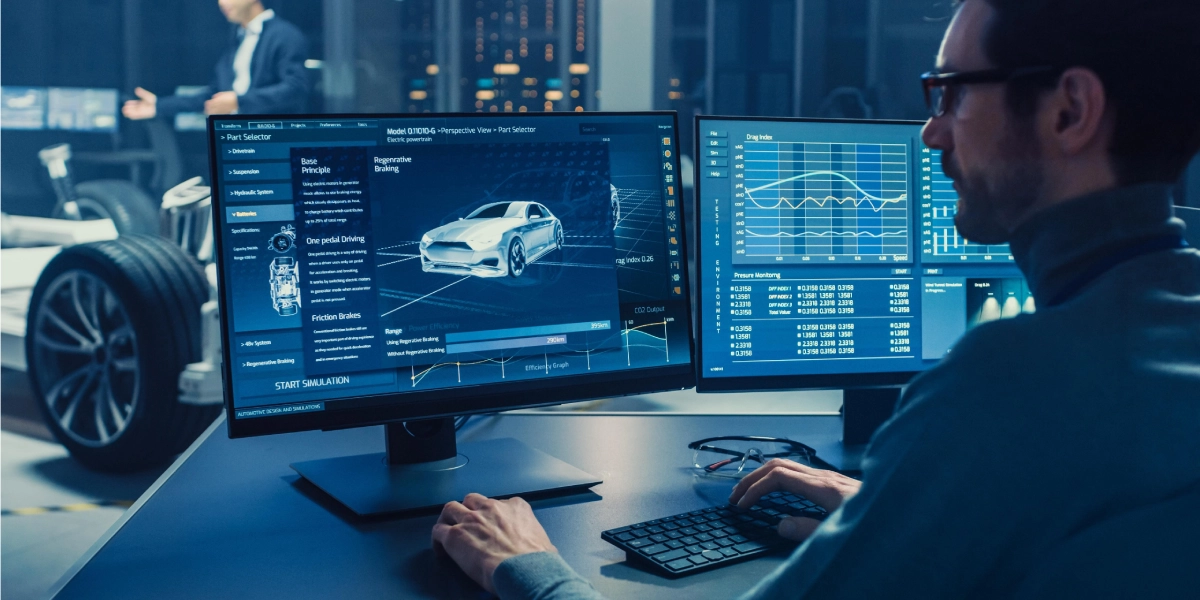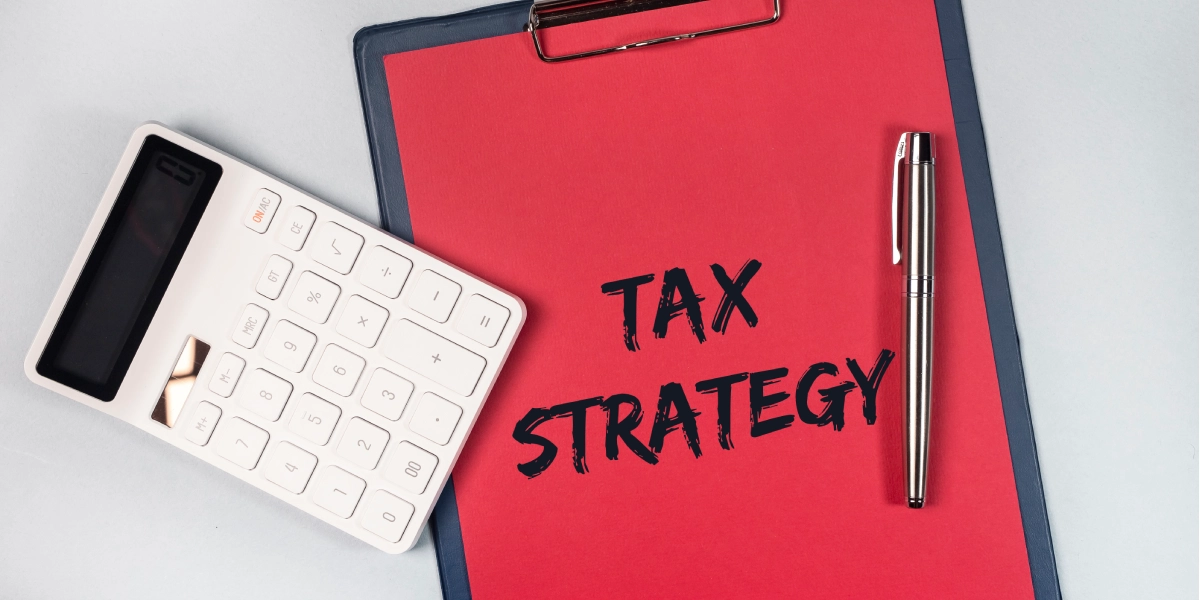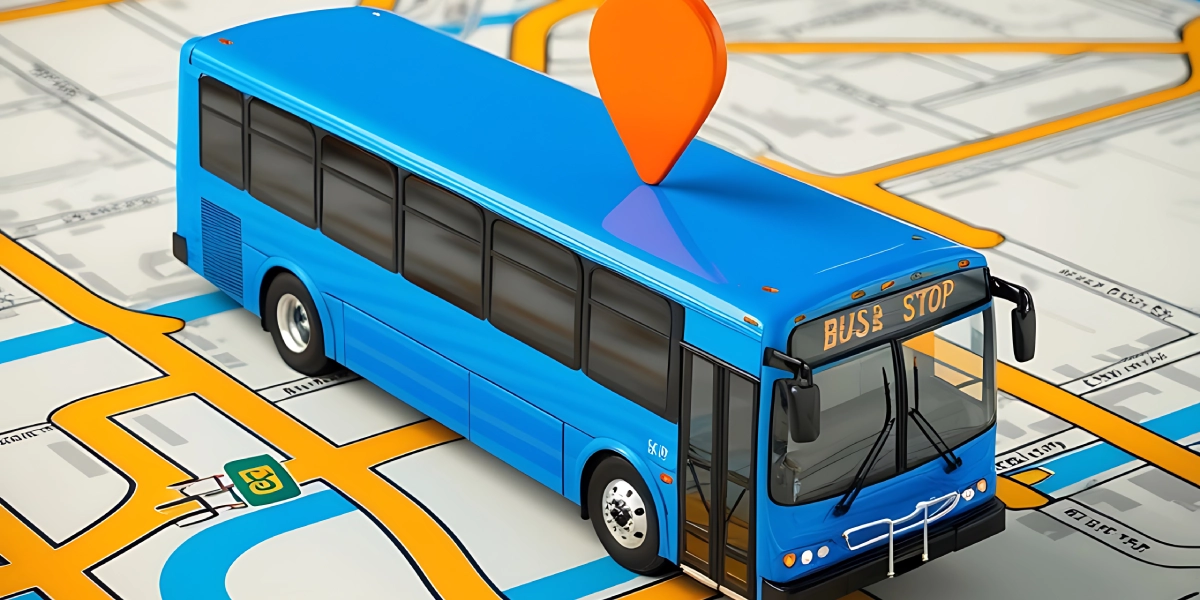The UK’s commitment to innovation is evident in its Research and Development (R&D) Tax Relief schemes. These schemes offer significant financial incentives to companies pioneering advancements in various sectors, including transport technology. For businesses developing next-generation public transportation solutions—such as contactless payment systems and AI-driven route optimisation— R&D tax relief for transport technology can substantially offset development costs.
Understanding R&D Tax Relief For Public Transport Systems
R&D Tax Relief is designed to encourage UK companies to invest in R&D by providing tax reductions or cash credits. To qualify, a project must aim to achieve an advance in science or technology by resolving scientific or technological uncertainties. This means that even if the project is unsuccessful, the company may still be eligible for relief. Eligible R&D costs for transport technology include staffing, software, consumables, and certain subcontracted work.
Key Areas of Innovation in Transport Technology
- Contactless Payment Systems
The integration of contactless payment methods in public transport has revolutionised fare collection. Developing systems that allow passengers to use debit/credit cards or mobile wallets to pay for fares involves overcoming various technological challenges, such as ensuring security, integrating with existing infrastructure, and handling large volumes of transactions. Companies working on these systems can claim R&D Tax Relief for the technological advancements they achieve in payment processing and system integration.
- AI Route Optimisation
Artificial Intelligence is increasingly being utilised to optimise public transport routes. By analysing real-time data, AI can predict traffic patterns, adjust schedules, and improve overall efficiency. Developing AI algorithms for complex urban transport networks is highly challenging, making such projects eligible for R&D Tax Relief.
- Electric and Autonomous Vehicles
Electric Propulsion Systems: Developing new electric vehicle (EV) technologies and improving battery efficiency, energy storage, and charging infrastructure.
Autonomous Vehicles: Innovating self-driving vehicles requires significant technological advancements in sensors, machine learning, real-time data processing, and safety systems.
- Sustainable Transport Solutions
Low-Emission Technologies: Companies developing alternative fuels, hydrogen-powered transport solutions, and carbon-neutral technologies for public transportation may qualify for R&D Tax Relief.
Recycling and Waste Reduction: Innovations in materials, such as biodegradable parts or sustainable manufacturing processes for public transport systems.
- Fleet Management and Telematics
Fleet Optimisation: Companies working on telematics systems that provide real-time data for managing fleets more efficiently, reducing fuel consumption, or improving vehicle maintenance schedules can claim R&D Tax Relief.
Predictive Maintenance: Developing systems that predict vehicle failures or maintenance requirements before they happen through data analysis..
Recent Changes to R&D Tax Relief For Transport Technology
As of April 2024, the UK introduced a merged R&D Expenditure Credit (RDEC) regime. It replaced the old schemes with one system. Companies can now claim a taxable credit of 20% on qualifying R&D costs. For profitable firms, this equals a net benefit of about 15%. Loss-making companies may gain more, depending on their R&D intensity.
Eligibility Criteria For R&D Tax Relief For Public Transport Systems
To qualify for R&D Tax Relief, companies must:
- Be subject to UK Corporation Tax.
- Undertake projects that seek to advance science or technology.
- Face scientific or technological uncertainties that cannot be easily resolved by a competent professional.
- Incur eligible R&D costs for transport technology, such as staff wages, software, and consumables.
How Apex Accountants Can Help
At Apex Accountants, we specialise in assisting companies across the transport technology sector to successfully navigate the complexities of R&D Tax Relief claims. With over 20 years of experience in tax advisory, our dedicated team ensures that all eligible costs are identified, optimising your claim process and helping you secure the maximum benefit. Whether you’re developing innovative contactless payment systems or pioneering AI route optimisation, our expertise can help you access these valuable tax incentives with confidence.
We provide a comprehensive service that includes:
- Identifying qualifying R&D activities and costs.
- Assisting with the preparation and submission of your claim.
- Ensuring your project meets the latest eligibility criteria.
- Offering ongoing support to ensure compliance and maximise the benefits of your claim.
Our approach is tailored to your business needs, ensuring you benefit from the full scope of R&D tax credits available.
Conclusion
For companies at the forefront of developing innovative public transportation solutions, R&D Tax Relief offers a valuable opportunity to reduce financial risks associated with technological advancements. By leveraging these incentives, businesses can accelerate the development of next-generation transport technologies, contributing to a more efficient and sustainable public transport system. At Apex Accountants, we’re here to ensure your innovations receive the financial support they deserve. Contact us today to find out more about our research and development support services.



